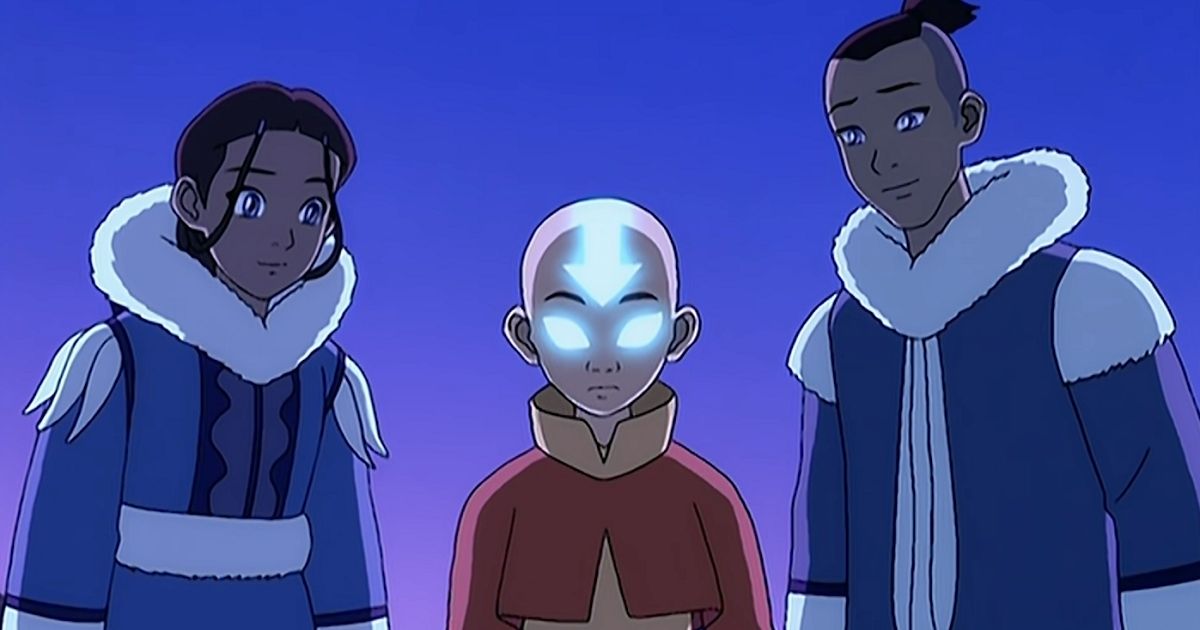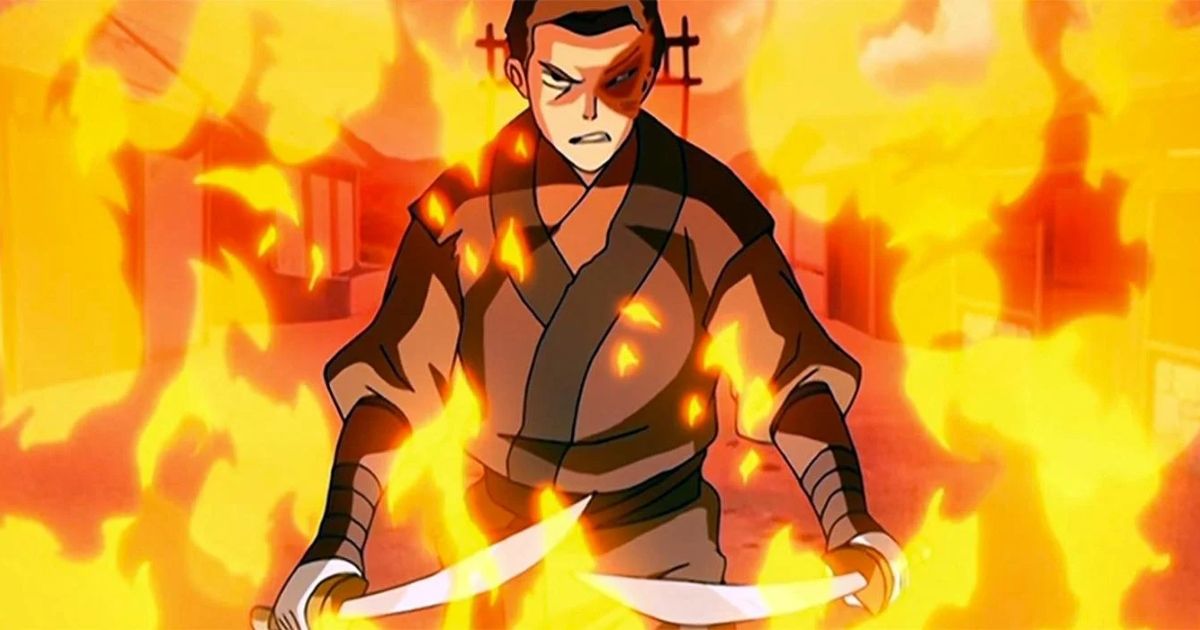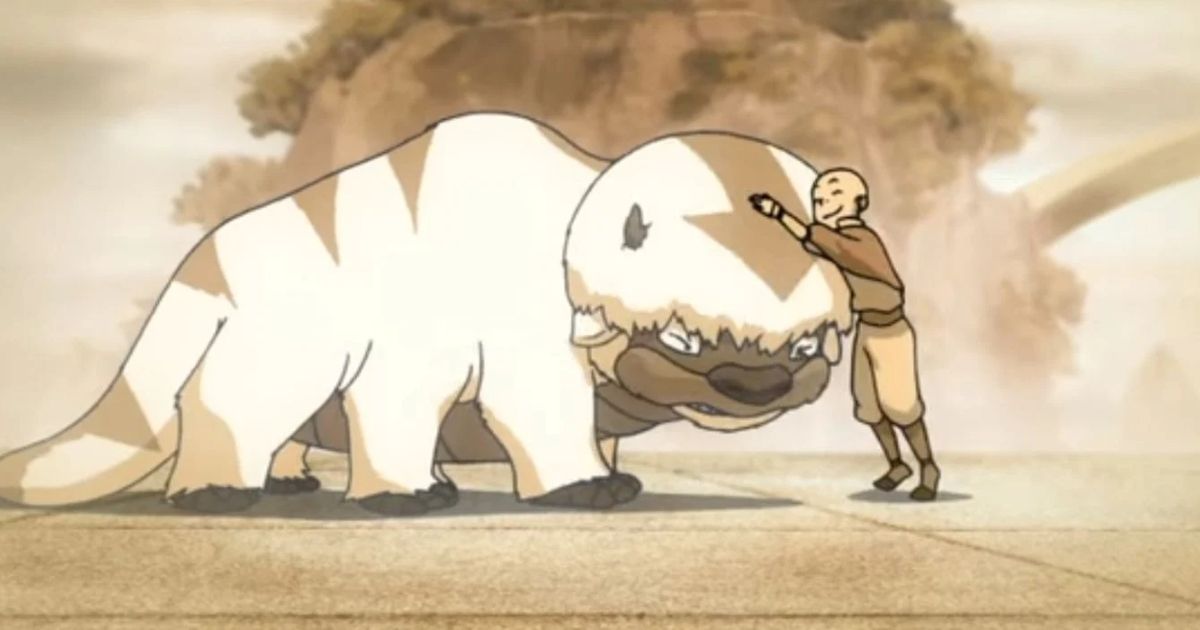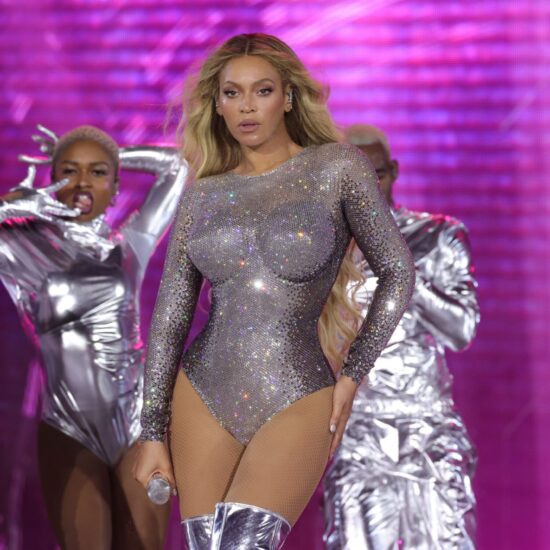
Very often, Western fantasy shows will present a world that doesn’t stray too far, aesthetically speaking, from Medieval Europe. They’ll use the tropes and aesthetics from works like Lord of the Rings or European folklore and mythology. While this can be interesting in the right hands, especially when these shows take these familiar roots and twist them, it does mean that a lot of fantasy shows on TV tend to look very similar in terms of world-building.
Avatar: The Last Airbender, on the other hand, triumphantly draws from a different set of influences, being inspired by East Asian and Indigenous aesthetics and mythology. However, that isn’t the only difference between it and most Western fantasy series. Indeed, Avatar also has an interesting world built on a magic system that seems simple at first, but actually has a lot of depth. There are the unconventional choices, like making each animal a blend of two different animals, that make the world stand out. Then, finally, there’s the commitment to those choices and the consequences that would naturally come of them, understanding how this unique world would function. Given the upcoming Netflix live-action TV show coming out that plans to adapt the story of Avatar: The Last Airbender with a darker tone, it’s hopeful we’ll see this world on the screen again. It’s also hopeful, with the new wave of TV Shows inspired by Avatar, that audiences will get to see more unique fantasy worlds. This article dives into the world-building of Avatar: The Last Airbender and explores what makes the world come alive for its viewers.
Influences and Inspiration
Avatar is inspired by East Asian culture far more than the typical fantasy show. Rather than drawing from the Western fantasy classics, Avatar draws directly from sources like anime and Eastern mythology. Bending takes influence from the aesthetics and philosophy of Asian Martial Arts, drawing from diverse styles for each of the bending arts. Additionally, there are the cultural influences on the cultural and societal practices and customs of each of the four Nations, from the Tibetan-inspired Air Nomads to the Fire Nation who owe much of their aesthetic to Japan.
More significantly,, Avatar avoids making each nation full-on representation of real-world cultures, as it also likes to blend in elements of multiple cultures into those nations. For example, while the Earth Kingdom takes cues from Chinese culture in terms of architecture and naming, the Kyoshi Warriors take influence from Japanese styles and aesthetics. Moreover, while the Water Tribes take influence from North American Indigenous nations, it also takes influence from Chinese mytholgy, with a princess who becomes the Moon like the Chinese mythical Chang’e. This makes the world feel much less artificial and more realistic, while also being aesthetically unique in the context of western fantasy shows.
A Simple But Unique Magic System
Avatar has a magic system that is very simple yet also full of hidden depth. At the most basic level, there exist people in this world called “benders,” who are capable of bending one of the four classical elements to their will. Fire Benders can shoot and control flames, Earth Benders control earth and rock, Water Benders can manipulate ice and water, and Air Benders can direct air currents. While this system is very understandable, the show explores and develops it to the point where there are deep spiritual associations to bending. The basis that this magic system has in Chinese martial arts helps to deepen it, as mastering movements and martial arts moves are important to learning how to bend the elements in the show. A lot of effort was put into researching and adapting Chinese martial arts, as the co-creators of the show attest in an IGN interview.
The depth of this system is also seen in the details of the world. Several of the cities reflect the nature of the people living there, including their bending abilities. In the city of Omashu, the Earth Benders have a mail system that relies upon slides and earth bending to move packages. The capital city of the Northern Water Tribe has a system of canals running through it and each of the buildings is made from ice. The Air Nomads live in temples which are often based high in the mountains, one even being built entirely upside-down.
When bending is on display, it can be exceptionally visually stunning and the show is very creative in how it uses these seemingly simple abilities. The fights are stellar and become even more intense with their inclusion of some of the more inventive bending techniques. Water Benders are capable of changing water from its solid to its liquid form while bending it, allowing for flowing water to suddenly be turned into deadly icicles. Earth Benders are capable of shaping the earth they bend into different shapes, one example being the Dai Lee secret police, who can form restraining cuffs with their earth bending power. Of course, these powers have limitations, which make them more interesting. Water bending, for example, requires a source of water, which means W ater Benders often have to keep a pouch or container of water nearby. Fire Benders, for the most part, need to harness specific intense emotions in order to use their powers.
The Smallest Details Are Important
Avatar rarely misses an opportunity to give its audience a stunningly unique vista or location. From the Northern Water Tribe capital, entirely made from ice, to the Fire Nation capital, which sits in a volcanic caldera, to the massive walls and scale of the Earth Kingdom city Ba Sing Se. Rather that just having a city that looks like something from our world, the show makes each location visually distinct. These locations also often have unique variations in culture or society. Ba Sing Se is a police state where information about the War with the Fire Nation is tightly controlled, while the Kyoshi Island is a culture dedicated to the ancient Avatar Kyoshi, having a sect of women warriors who mirror their appearance to hers. Both are in the Earth Kingdom, but are quite distinct visually and culturally.
There is also the abundance of animals that are hybrids of two animals, like turtleducks or komodo rhinos, which make the wildlife more interesting than if they simply had normal earth fauna. Animals in the world are also part of Avatar: The Last Airbender‘s unique style. Aang and his friends are almost always traveling on the flying bison Appa with the flying lemur Momo tagging along for the ride.















